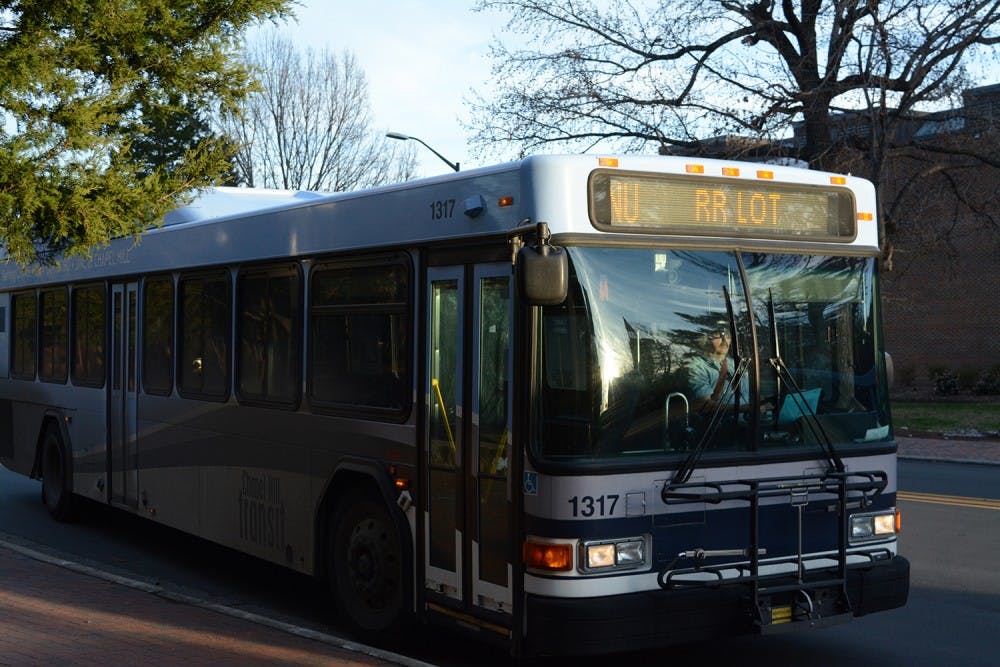On Jan. 10, the town submitted a request for proposal through its financial advisor, Davenport & Company. The town asked that bids on an installment purchase contract not exceed $6 million. The town plans to pay back the $6 million for 12 new Gillig 40-foot Clean Diesel Transit Buses over a 10-year term.
This contract will allow Chapel Hill to purchase 12 buses out of the 16 ordered. The other four buses will be purchased through the transit capital reserve fund.
Kenneth C. Pennoyer, director of business management for the town, elaborated on the proposal process.
“Basically, what we’re doing is we’re getting a loan from the bank to buy buses,” Pennoyer said. “We’re broadcasting to every bank that is out there that we’re in the market to borrow money to buy these buses.”
Chapel Hill Town Council member Michael Parker, a member of the Public Transit Committee, said the goal of the request for proposals was to get the best deal to minimize borrowing costs.
The move to request proposals comes after the town entered into a contract with Gillig LLC last April. Under the contract, the town is not obligated, but can purchase 53 new, clean diesel buses that would replace the oldest buses in the fleet.
As the fleet stands right now, 42 of its 99 total buses are 14 years or older with the oldest pushing 21 years of age.
Chapel Hill Mayor Pam Hemminger said the acquisition of new buses will greatly reduce the town’s labor costs.



